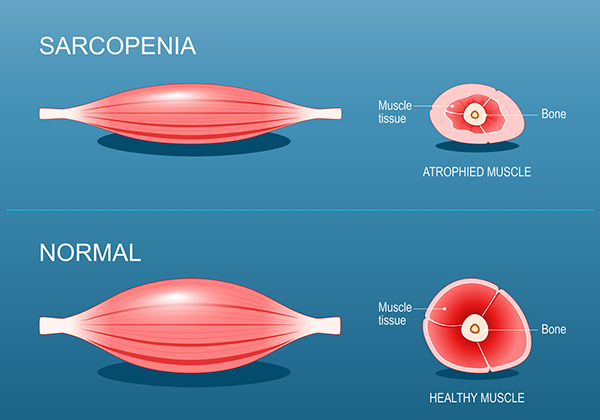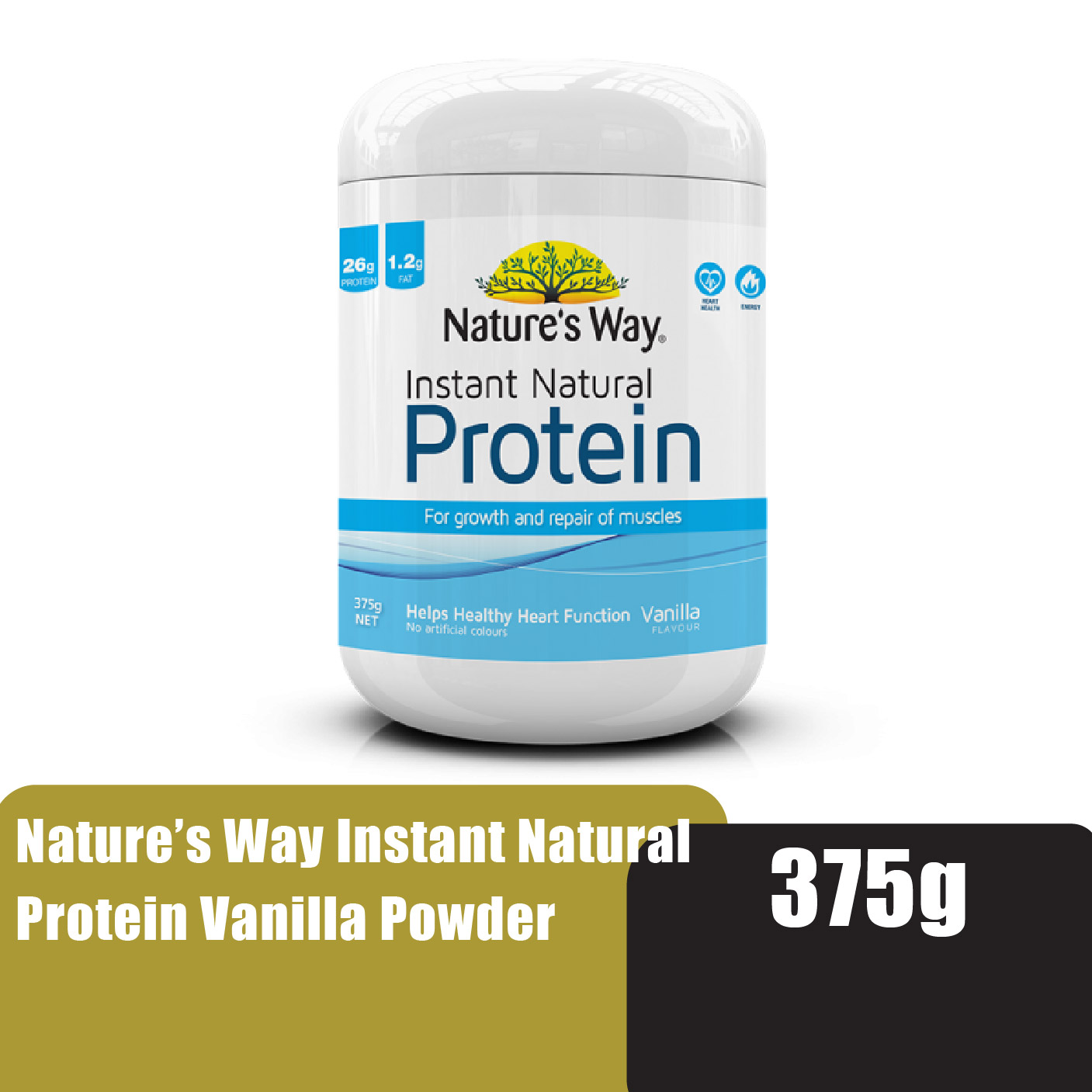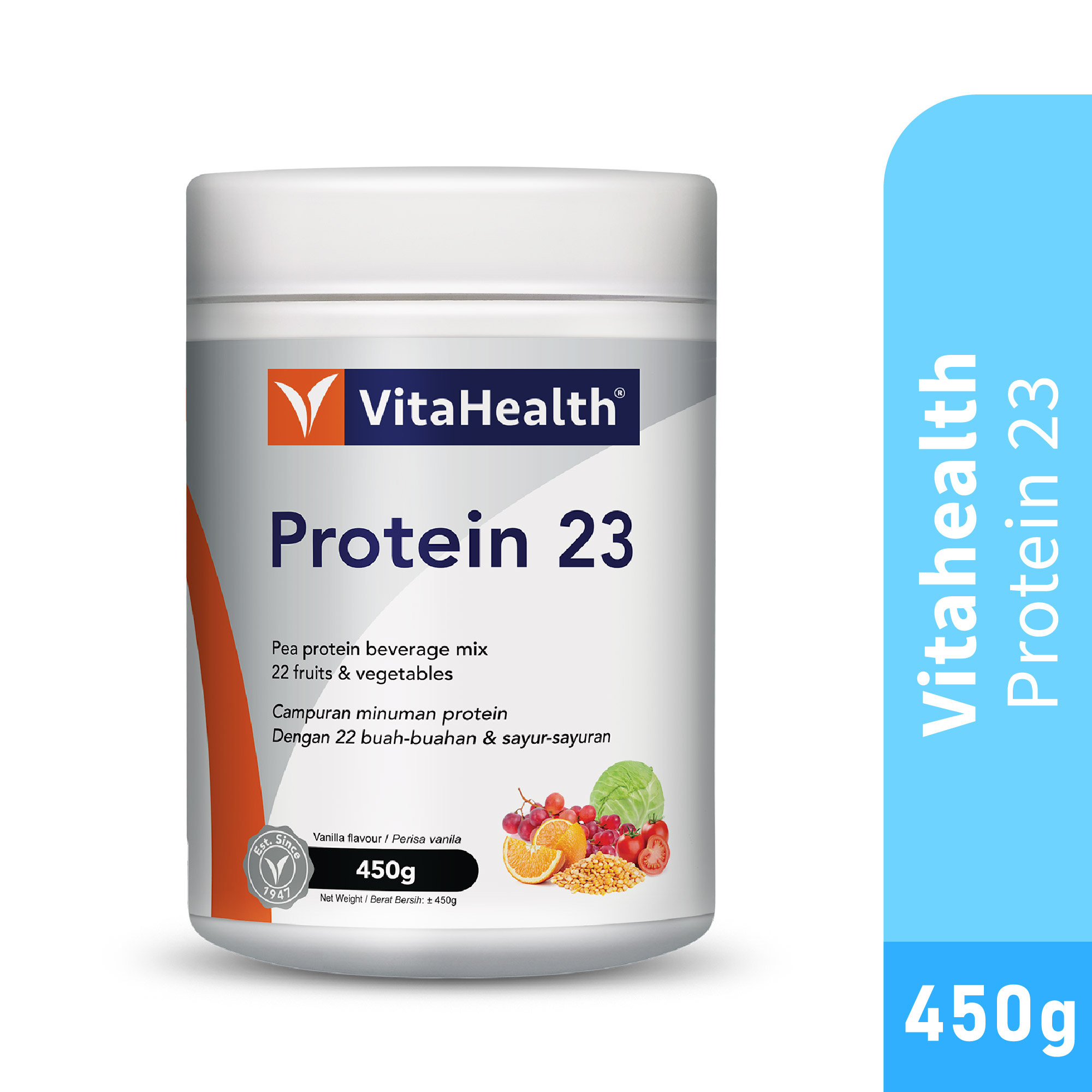-
SALES
- Popular BrandsCetaphilColgateDettolDoveEgo QVGuardianGilletteKloranceKotexKundalMore ...

- Health Supplement
- Popular BrandsCetaphilColgateDettolDoveEgo QVGuardianGilletteKloranceKotexKundalMore ...
Healthy Food ProductsNew- Popular BrandsCetaphilColgateDettolDoveEgo QVGuardianGilletteKloranceKotexKundalMore ...
- Mom & Baby
- Kids
- Personal Care
- Popular BrandsCetaphilColgateDettolDoveEgo QVGuardianGilletteKloranceKotexKundalMore ...
- Skincare
-
Popular BrandsCetaphilColgateDettolDoveEgo QVGuardianGilletteKloranceKotexKundalMore ...
- First Aid
- OTC Medicine
- Popular BrandsCetaphilColgateDettolDoveEgo QVGuardianGilletteKloranceKotexKundalMore ...
- Rehab
- Popular BrandsCetaphilColgateDettolDoveEgo QVGuardianGilletteKloranceKotexKundalMore ...
- All Products
Feel Weaker Than Before? Don’t Ignore the Signs of Sarcopenia

Have you noticed your strength is not quite what it used to be? Maybe climbing stairs feels harder, carrying groceries wears you out faster, or you need your hands to push off a chair. While many people chalk this up to “just getting older,” there may be something more happening, something called sarcopenia.
What Is Sarcopenia?
Sarcopenia is the gradual and progressive loss of muscle mass, strength, and function that occurs with age. It is common, underdiagnosed, and starts earlier than most people expect — often in your 40s, and it speeds up significantly after age 60.
By age 70, some individuals may lose up to 30% of their muscle mass. And yet, many people do not even realize it is happening until their quality of life is noticeably affected.
How Do You Know If You Have Weakening Muscles?
There are a few signs and simple checks that can hint at early sarcopenia:
-
You struggle to rise from a low chair or toilet seat without using your hands
-
Walking feels slower or more effortful than before
-
You tire more easily during daily tasks
-
You have noticed your limbs look thinner or feel less firm
You can also try at-home checks like:
-
Sit-to-stand test: How many times can you stand up from a chair in 30 seconds? Less than 8 may indicate risk.
-
Grip strength test: Weak grip is a strong predictor of sarcopenia and overall health outcomes.
-
Walking speed: Slower than 0.8 meters/second is often a red flag.

Sarcopenia does not happen overnight, and it is not caused by a single factor. It is a result of:
- Reduced physical activity
- Hormonal changes (lower testosterone, estrogen, and growth hormone)
- Inadequate protein intake
- Chronic inflammation and oxidative stress
- Insulin resistance
Why Muscle Loss Matters More Than You Think
Losing muscle isn’t just about appearance or strength. Muscle plays a critical role in:
- Mobility and balance
Preventing falls and fractures - Metabolic health – muscles help regulate blood sugar and insulin sensitivity
- Recovery from illness
- Maintaining independence and quality of life
People with sarcopenia are at a higher risk of hospitalization, disability, and even premature death. It is not just about aging gracefully — it is about aging strong.
Protein: Your first line of defense
Protein is essential for muscle maintenance and repair. However, as we age, our bodies experience something called anabolic resistance — a reduced ability to build muscle in response to protein.
That means older adults need more protein, not less.
Recommended Protein Intake:
Experts suggest 1.2–1.6 grams of protein per kilogram of body weight per day for older adults.
For example:
A 70 kg person needs 84–112 grams of protein daily to maintain muscle health.
Eating protein-rich meals throughout the day (not just once) and combining protein with light strength exercises can significantly slow down or even reverse early-stage sarcopenia.
Sarcopenia is common, but it is not inevitable. With the right nutrition and movement, you can protect your muscle, strength, and independence well into older age.
Start by checking your own strength. Are you stronger, weaker, or about the same compared to last year?
If you notice a change, your body might be telling you it is time to prioritize protein and move more intentionally.
Let's keep in touch
Subscribe for our latest news and be the first to know about our offers.







